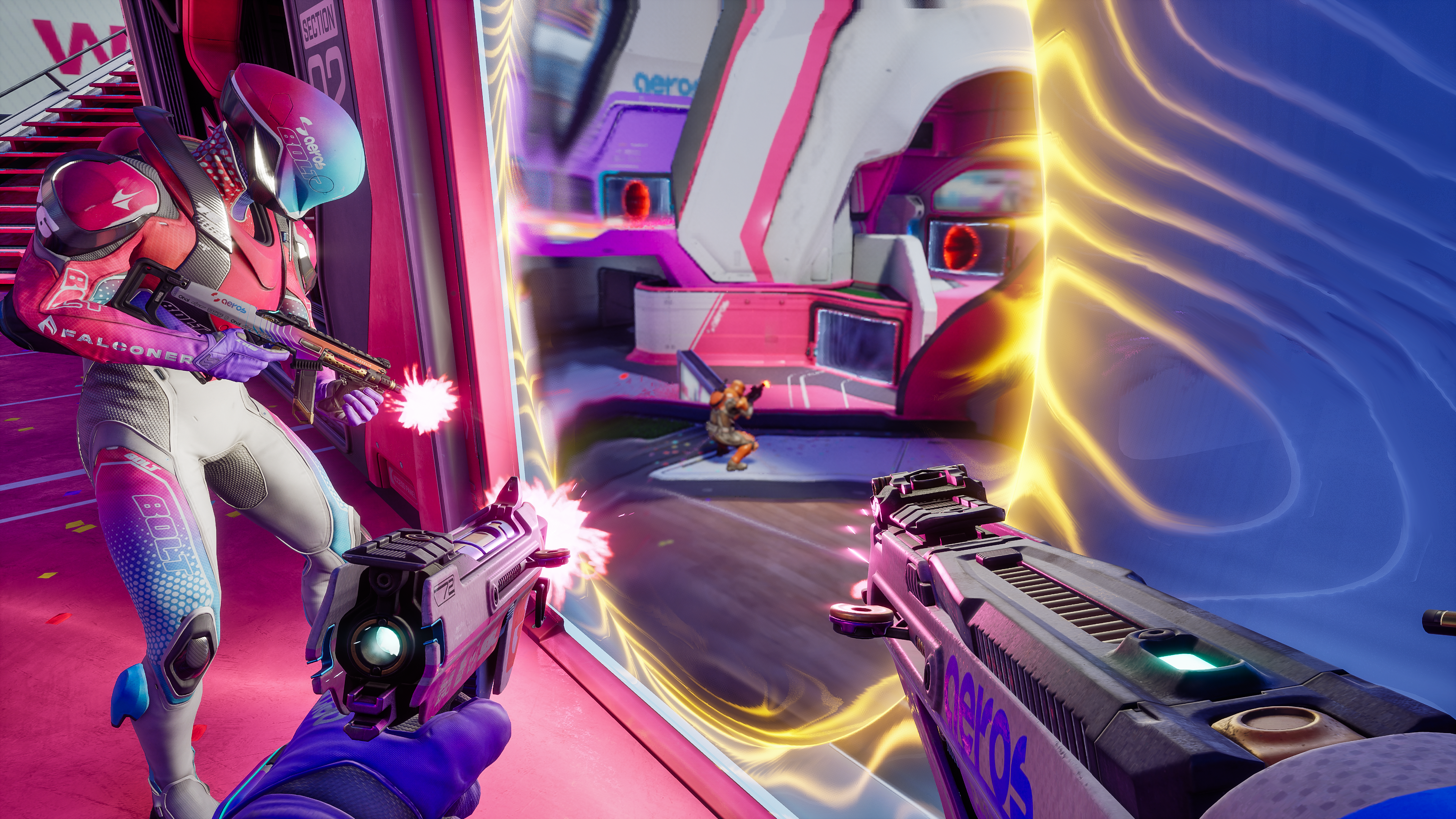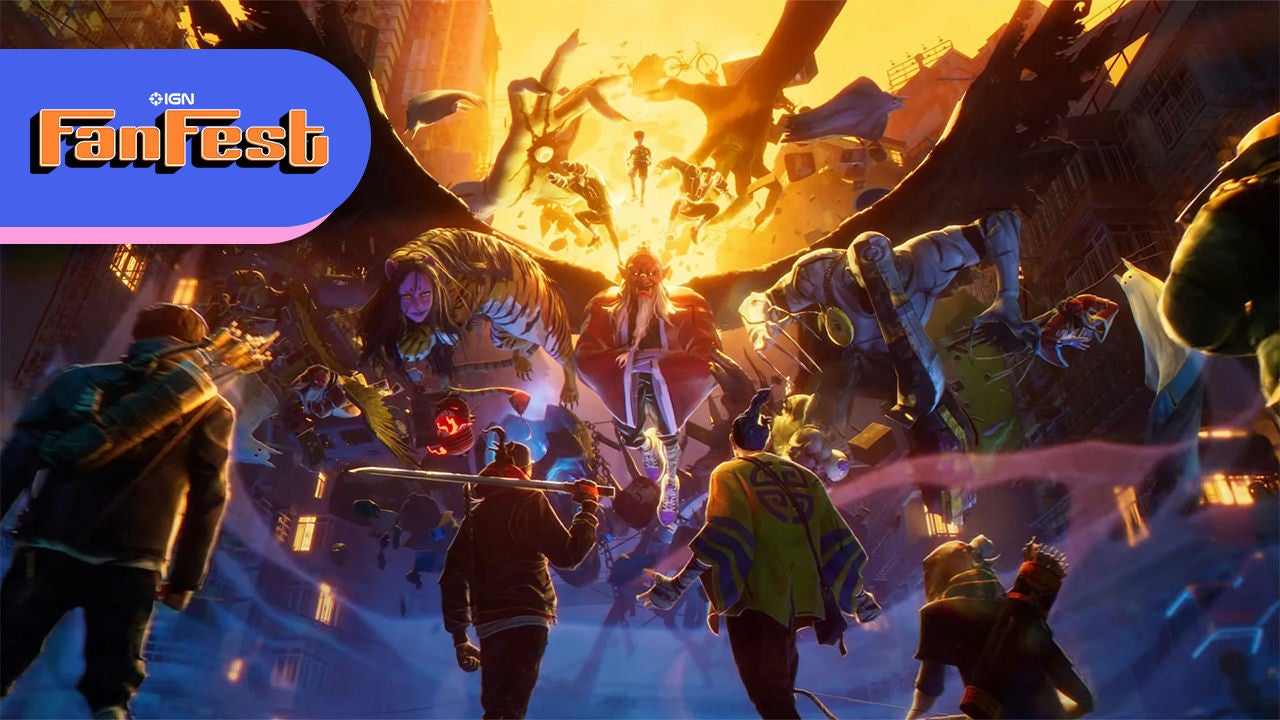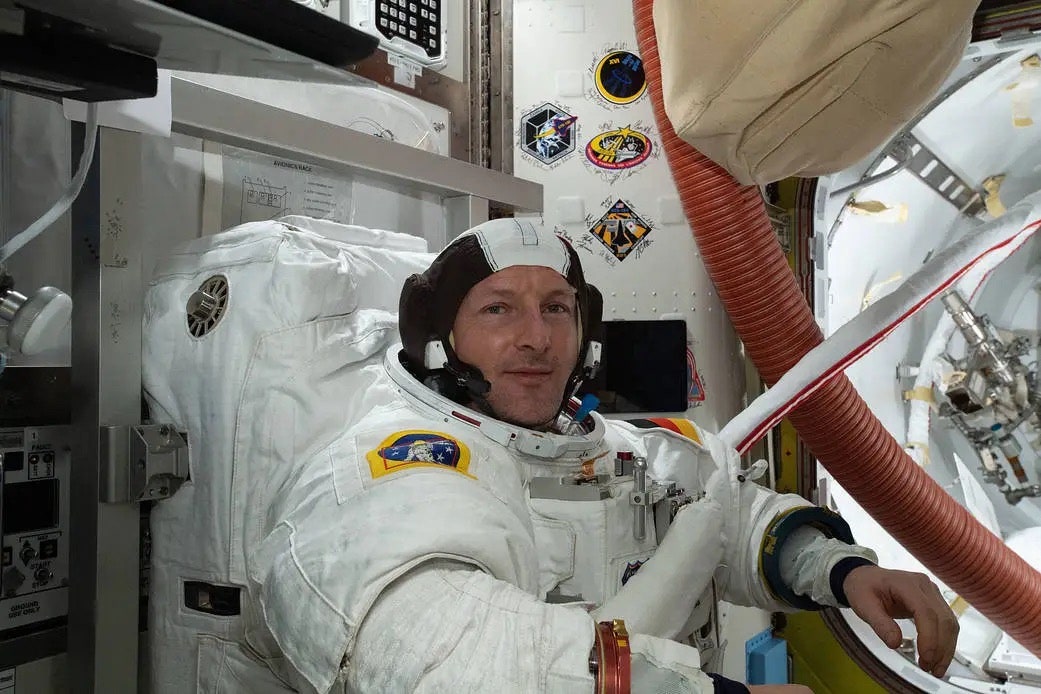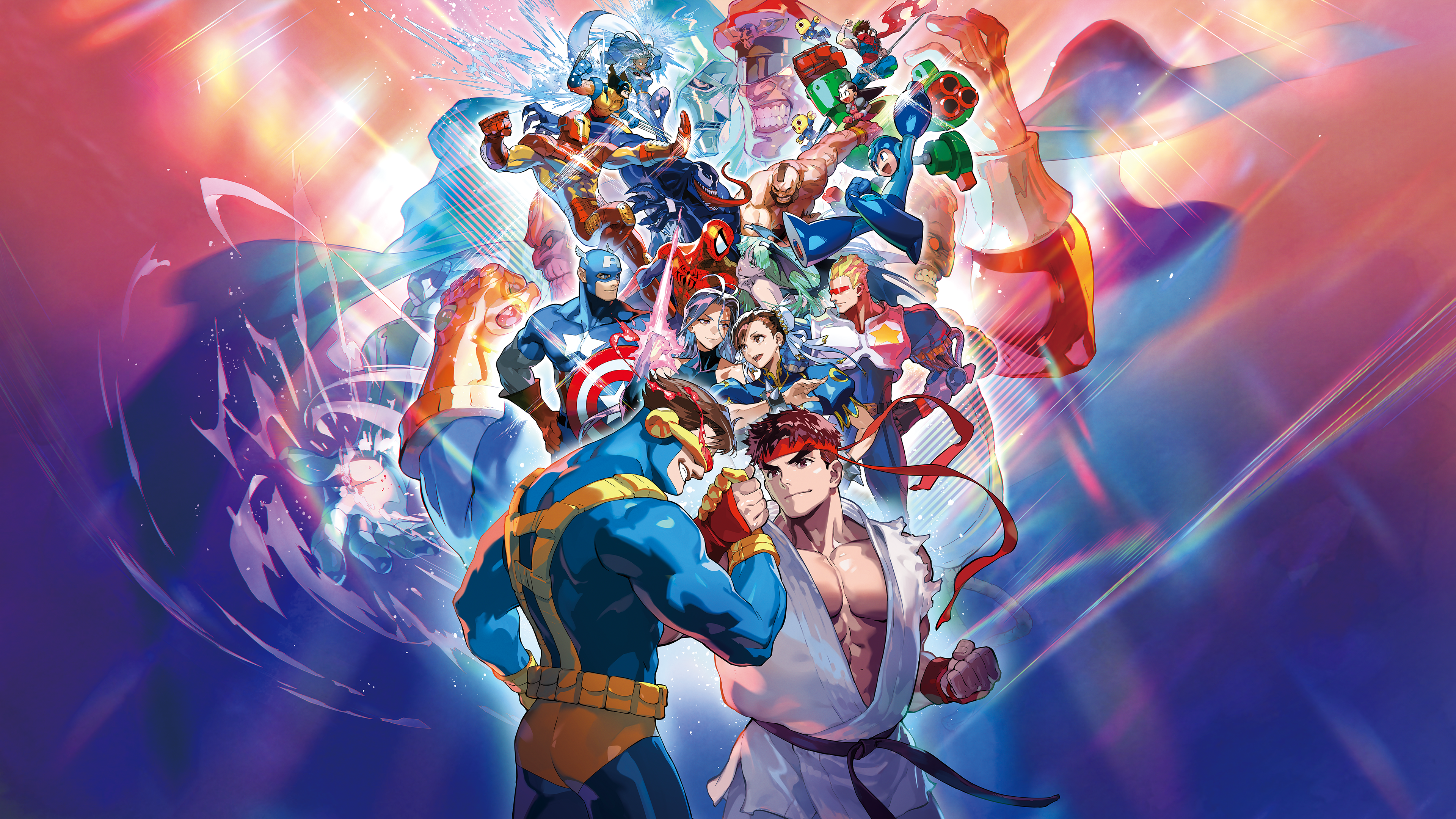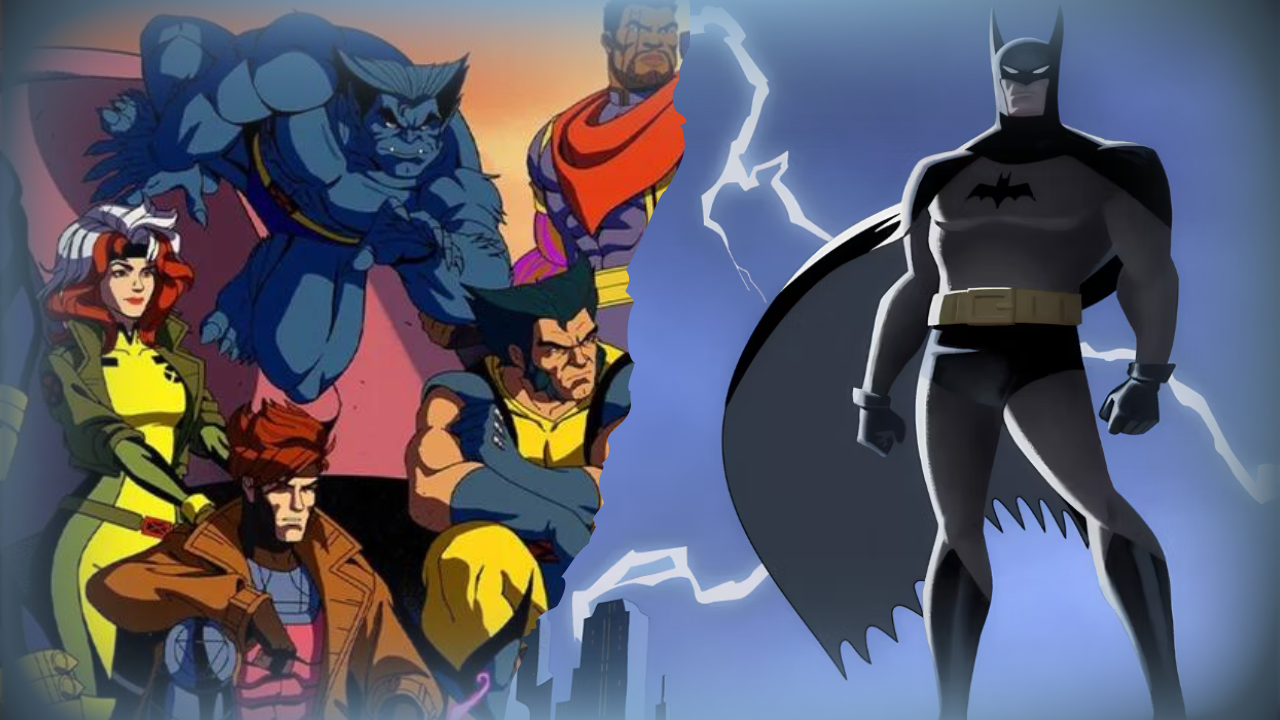When Ian Proulx and his colleagues at 1047 fully released Splitgate in 2021, his expectations for the “Halo with Portals” multiplayer shooter were fully in check. He expected it to do well enough over time, and was hoping for slow and steady growth. At the time, 1047 consisted of less than 20 individuals, and only four engineers.
“But it was like, nope, this is your moment now, everything's on fire,” Proulx says.
Splitgate blew up far beyond what Proulx ever expected or what their small indie team were ready to handle. It peaked, he says, at around two million daily active users, and the team spent the next several months in “fire fighting mode” trying to keep the game stable amid the surge of interest.
Fortunately for Proulx and 1047, Splitgate was a financial success for the team. What’s more, 1047 was able to raise an additional $100 million from investors thanks to the game’s positive reception. At first, they expected to pour that money into building and maintaining Splitgate. But in conversation after conversation, Proulx and his colleagues found they had to keep their ambitions in check due to the game’s technical and the team’s personnel limitations.
“When you're making an indie game, it's really about finding your niche, doing a few things really, really well,” Proulx says. “But then you do have to cut corners, because you don't have the resources of a Call of Duty. And so our view at the time was like, wow, we're licking our lips. We're thinking, man, we don't have to cut corners like this. What if we could do it all over again?”
Which is exactly what 1047 decided to do. In 2022, the team announced they were ending active development on Splitgate in the interest of building Splitgate 2.
“We know what Splitgate does well, and we know where it falls short,” Proulx explains. “And we also felt like our goal is we want to build one of the biggest shooters in the world. We want to be out there competing with Call of Duty, and Apex, and Fortnite. And we didn't feel like we could ever get there by continuing to iterate on Splitgate.”
A new trajectory
Today, 1047 has officially re-announced Splitgate 2 for release on PC, PlayStation, and Xbox sometime in 2025, with a first cinematic trailer showing off the sequel’s vibes and introducing its factions. Starting today, fans can download a Splitgate 2 Companion App, which includes a free digital comic series developing the lore of the universe, quizzes, collectible digital cards, and other activities. And 1047 is planning for a community play test later this year, sometime around Gamescom.
Proulx tells me that Splitgate 2 is still fundamentally Splitgate: it’s still a free-to-play (with only cosmetic microtransactions, Proulx reassures), first-person shooter with 4v4 battles. It’s still a shooter where players mess around with portals and physics to fling themselves or their enemies around at wild angles and speeds. The biggest difference between the sequel and its predecessor is the introduction of three different factions, each tailored to a different gameplay style or strategy. 1047 isn’t saying much about the details on these factions for now, though today’s cinematic trailer offers some clues as to the vibes on offer. Proulx loves lore, which is why he channeled his love of old Halo novels into the Splitgate 2 companion comic as a way to define art style, characters, and factions for the audience ahead of the game’s release. He tells me the three pillars he wants his team aiming for are “positive,” “sporty,” and “future.”
“We're not killing each other to save humanity or to defeat evil,” he says. “It's a sport. And so that reflects itself in the lore, in the art style. You saw a very small smidge of that in Splitgate, because that was always my original vision is I wanted it to be a sport.”
Apart from the addition of factions, Proulx says the most noticeable difference between Splitgate 1 and 2 is the map design. In Splitgate, he tells me, he ended up as the map designer somewhat by default. But for Splitgate 2, he hired professionals.
”I had no clue what I was doing [in Splitgate 1],” he says. “Some of [the maps] are okay, but we have real level designers now who are phenomenal. And they're also, not only are they way better than me, but it's just our process. Everybody's iterating, we're play testing, we've got just much more of an iterative process. We're not afraid to test a map and throw it away and start over. And so what we've ended up with is, I think, by far our best maps ever. But also just much more actual guidelines and thought put into the maps.”
For example, he says, the walls on which players could place portals were placed “kind of randomly” in the original game. But now, with the combined experience and data from players using them over the years, the team has a better understanding of what kind of placement works well, and what doesn’t. As a result, there are fewer portal walls in Splitgate 2 than in 1, but their placement is more deliberate.
“Splitgate was much more of an arena shooter, fast-paced, very circular motion,” Proulx adds. “With this next game, it's much more of a class-based shooter or arcade shooter where it's still fast-paced. It's still about shooting people and portaling, but it's a little bit more thoughtful, it's a little bit more strategic. The angles are a little bit more intentional and less chaotic.”
Proulx and his studio have, in some ways, dodged an industry bullet. They accumulated enough funding to make Splitgate 2 ahead of the recent industry funding crisis, and were able to scale up 1047 from less than 20 people to over 170 with senior talent from games including Call of Duty and God of War: Ragnarok. And during that time, Proulx has been obsessing over live ops, preparing the team and Splitgate 2 to handle whatever happens during its launch days and weeks. He also has a two-year roadmap for future updates – though he expects that will inevitably change based on community feedback. Whatever happens when Splitgate 2 launches next year, this time, Proulx is prepared.
“The dream truly is to build the number one shooter in the world,” he says. “That's what I'm going to fight for forever. I think though, really, if we can make a game that all the Splitgate 1 fans love and are sticking around forever, but also broadening our scope so that the people who never got to enjoy Splitgate can enjoy this game as well. That's what success would look like to me.”
Rebekah Valentine is a senior reporter for IGN. Got a story tip? Send it to rvalentine@ign.com.
